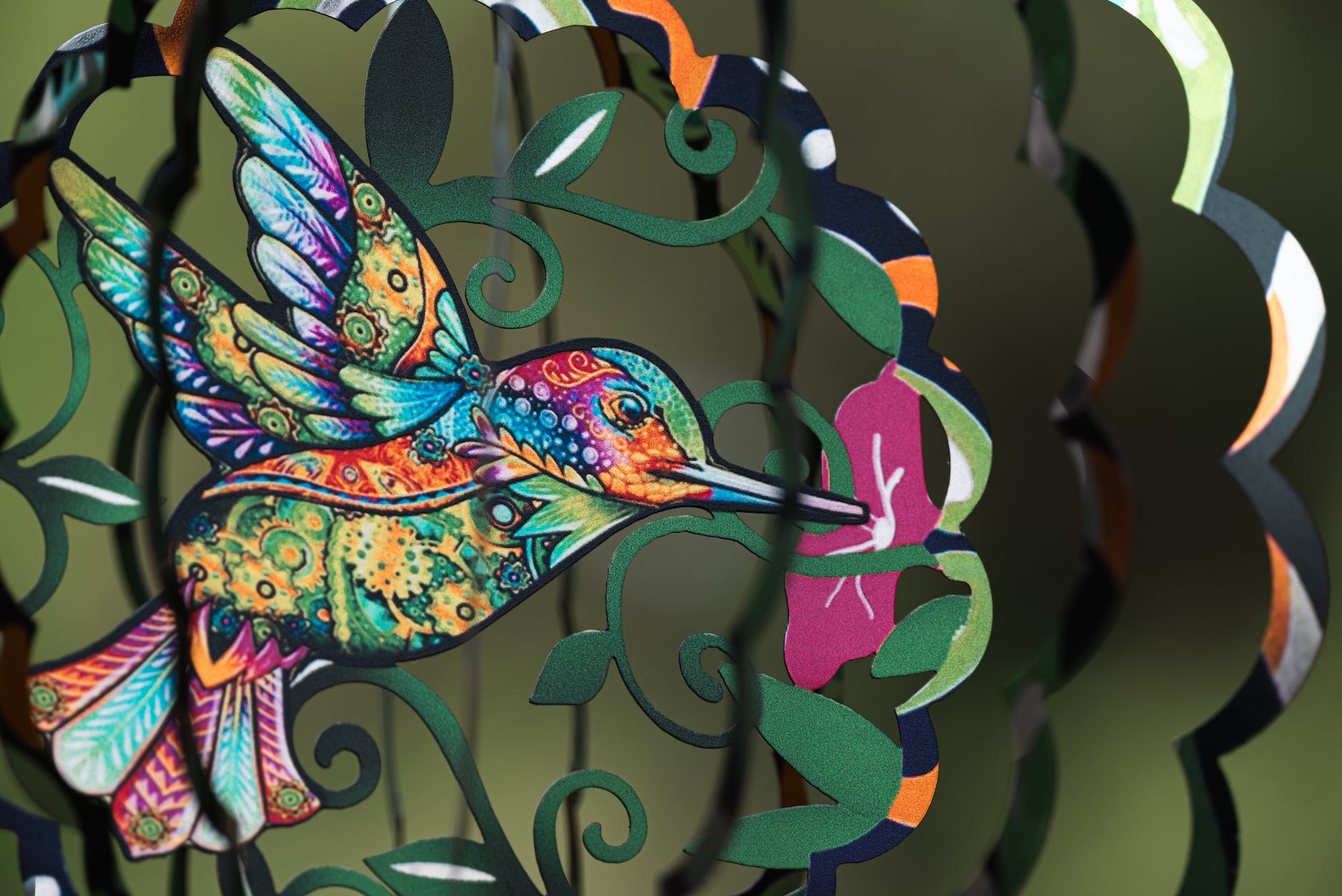Harnessing creativity and innovation has always been a challenge for individuals and organizations alike. Traditionally, techniques such as brainstorming, mind mapping and meditation have been used to encourage divergent thinking and facilitate the creative process. However, a rather unconventional concept is gaining traction, suggesting that psychedelics could potentially serve as powerful, if unpredictable, catalysts for creative thought.
Psychedelics are substances that have the potential to alter one’s cognition, emotions, and perceptions, often fostering what users describe as profound experiences. Historically, these substances have been linked to artistic exploration and the development of unconventional ideas. Modern research points towards their ability to motivate imagination and inspiration, fostering uninhibited thinking that could lead to unique solutions and advances.
One of the arguments in favor of psychedelics centers around the concept of divergent thinking or the capacity to generate and explore numerous possible solutions, rather than focusing on a single, linear approach. Divergent thinking is an essential component of creativity and innovation. A study assessing the effects of a well-known psychedelic, psilocybin (found in ‘magic mushrooms’), on divergent and convergent creative thinking found that psychedelics do enhance divergent thinking, increasing the breadth of associative thinking and fostering novel insights.
This enhancement in thought processes can also impact problem-solving abilities, with users reporting increased comfort in traversing abstract concepts and unconventional paths to arrive at innovative solutions. Notably, Steve Jobs, co-founder of Apple, attributed some of his most inventive ideas to his experiences with psychedelics, suggesting a potent, albeit less explored, link between these substances and groundbreaking innovation.
At the core of this phenomenon is the ability of psychedelics to shake up our brain’s established patterns, leading to new connections and firing patterns. This process, often termed as ‘neuroplasticity’, provides a backdrop against which inspiration and the development of new, creative ideas can flourish. The function of psychedelics as potential ‘mind-expanders’ is reiterated in recent neuroimaging studies that depict an increase in brain connectivity following psychedelic use.
Furthermore, the use of psychedelics in therapeutic applications has provided insights into their ability to promote a shift in perspective, which can be beneficial for creative activities. People navigating emotional blockades often report heightened empathy and emotional insight following psychedelic use. Such emotional processing can undoubtedly assist in articulating complex thoughts and emotions, essential elements in innovative and creative outputs.
However, it’s crucial to approach this subject with a balanced perspective. Despite the potential positive impacts, it is essential to remember that the use of psychedelics also comes with possible negative effects such as anxiety, paranoia, and in some cases, serious mental health issues. Moreover, the legal status of many of these substances remains a contentious issue. As a result, while their potential in fostering creativity and innovation is undeniably exciting, responsible and appropriate use is of paramount importance.
In conclusion, the relationship between psychedelics and creativity is an intriguing one, promising the potential for an alternate path to inspiration and divergent thinking. As science continues to explore the depths of this unconventional idea, psychedelics could be the next frontier in enhancing our creative prowess, making compelling cases for further research and understanding.
The dance between innovation, imagination, psychedelics, and the human brain may yet hold the key to unlocking our most ingenious ideas, but this must be pursued with caution and comprehension. Only through understanding these interactions can we fully harness the possible power that this unique combination may hold in the realm of creative and innovative thought.





